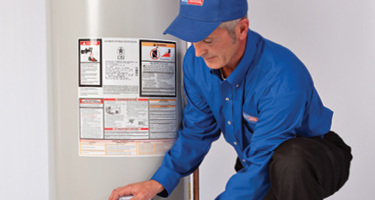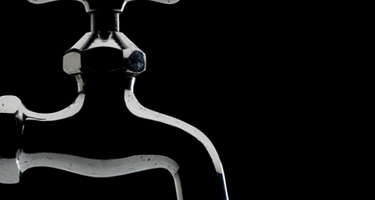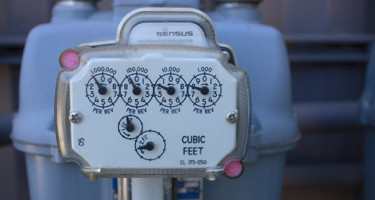
What does “up to code” mean, anyway?
The short answer is: being up to code simply means adhering to the minimum requirements set forth in a particular code. In many cases, however, going above and beyond what is required by code can also be considered being up to code. For example, a builder who construct a safe and sturdy building that exceeds the minimum requirements of the building code could be said to be up to code. Similarly, a food manufacturer who goes above and beyond the minimum safety requirements set forth by health codes could also be considered up to code.
Building codes can be confusing. They vary by country, state and municipality. Codes change to keep up with the latest technologies, construction practices and safety recommendations. There are different sets of building codes for different home systems—from the plumbing to the wiring—and different codes for residential and commercial properties. Below, we’ve answered some frequently asked questions about building codes, and how they may affect your plumbing project.
What are building codes?
FEMA describes building codes as “sets of regulations governing the design, construction, alteration and maintenance of structures. They specify the minimum requirements to adequately safeguard the health, safety and welfare of building occupants.”
Who writes building codes?
There are several independent organizations that write and continually revise sets of recommendations called model codes. Lawmakers then decide which model codes to adopt, as a whole or in part. Here are just a few of the agencies that may influence building codes in your area:
- The International Code Council® produces the International Building Code®, the International Residential Code® and the International Plumbing Code®.
- The International Association of Plumbing and Mechanical Officials (IAPMO) publishes the Uniform Plumbing Code®.
- The National Fire Protection Association maintains the National Electrical Code®.
What do plumbing codes cover?
Building codes apply to all new construction and significant remodeling projects. Existing buildings are typically only subject to the codes that were in place at the time of construction or renovation. The scope of your plumbing project will likely determine whether you’ll need to check current code requirements.
Installing a new showerhead or garbage disposal? You probably won't have a problem. Adding another bathroom or replacing your water heater? Current codes could come into play.
ARS®/Rescue Rooter® pros stay abreast of local codes and will ensure any work we do for your home is code compliant. Call us at 866-399-2885 today!






